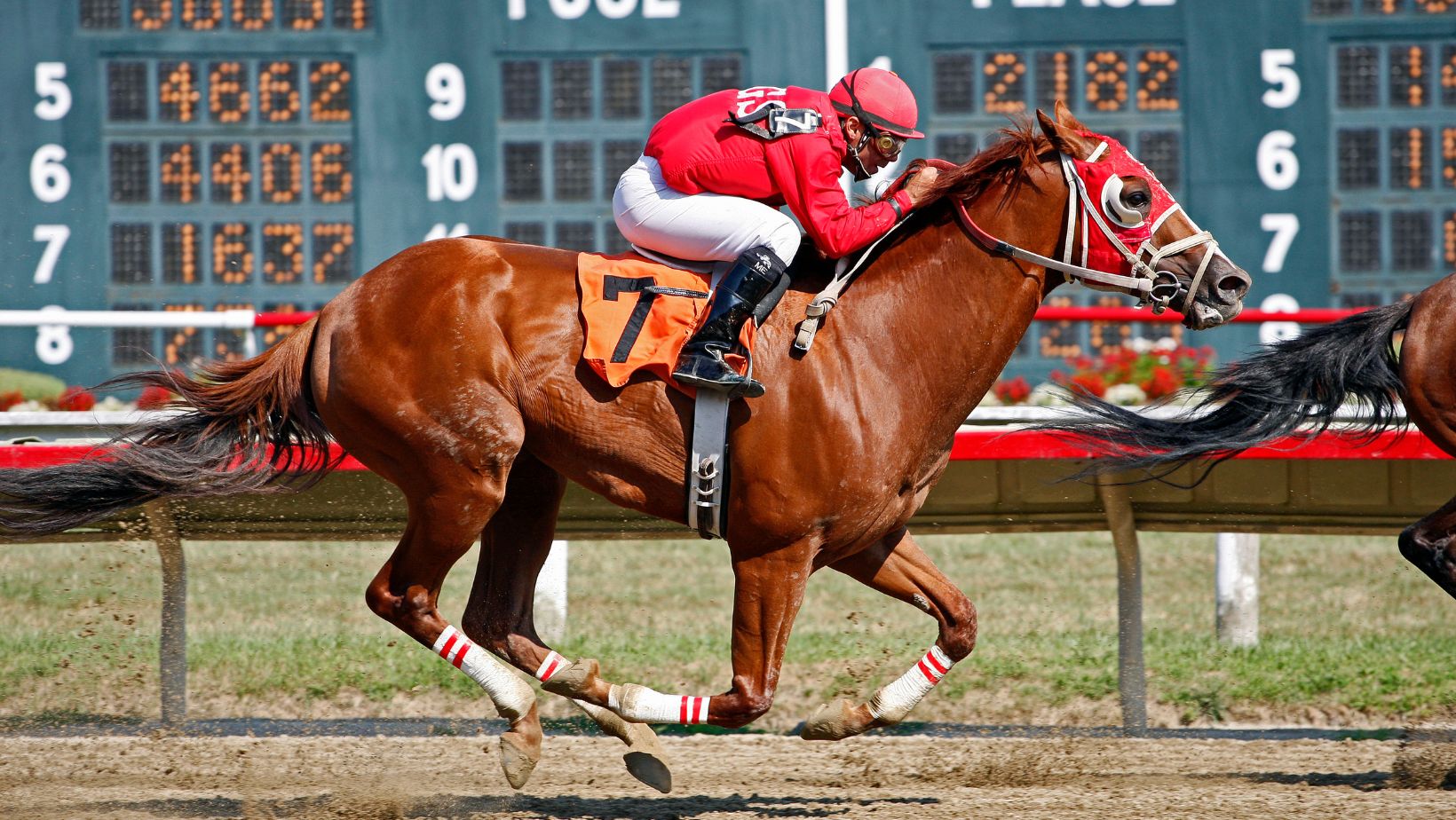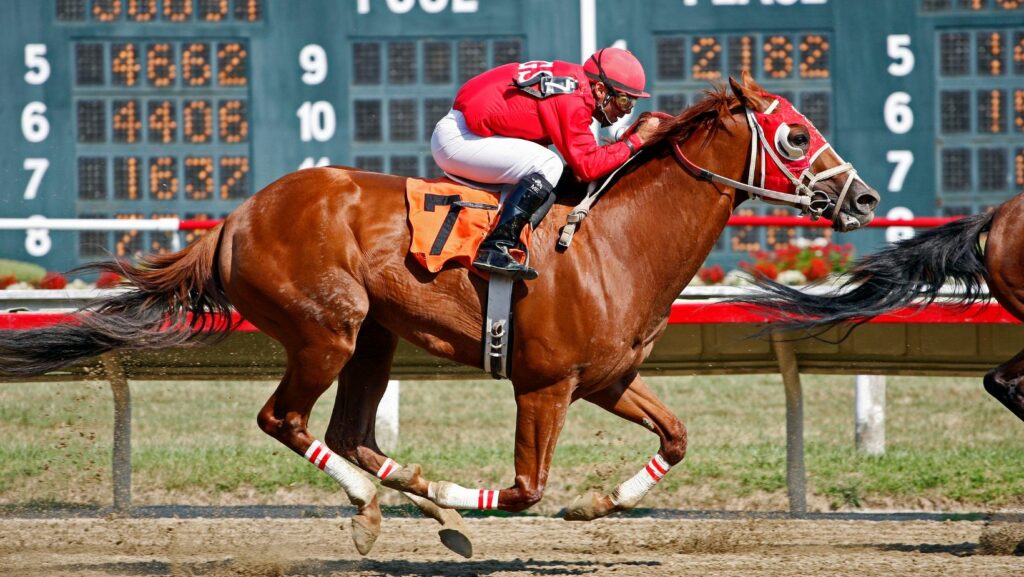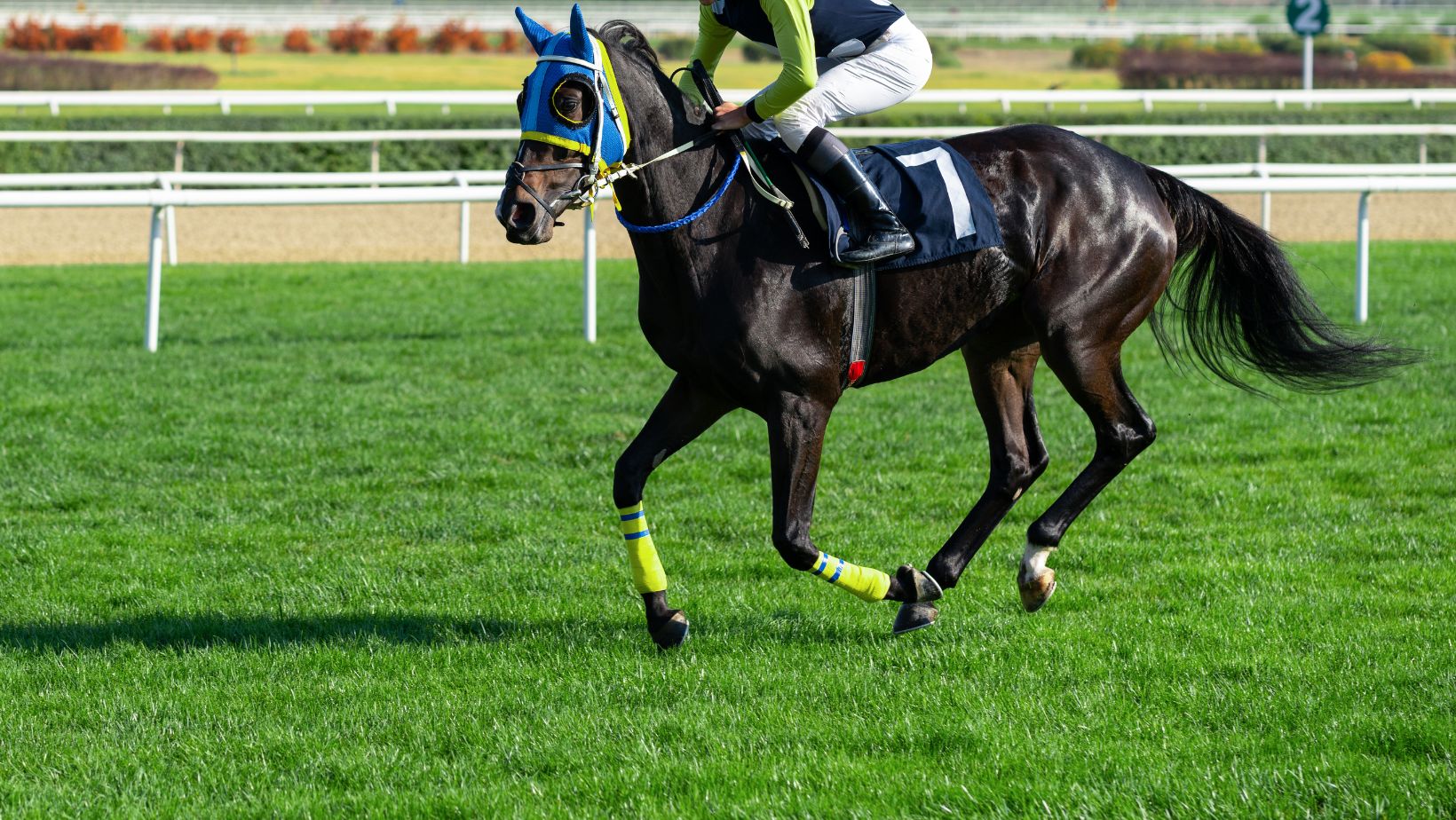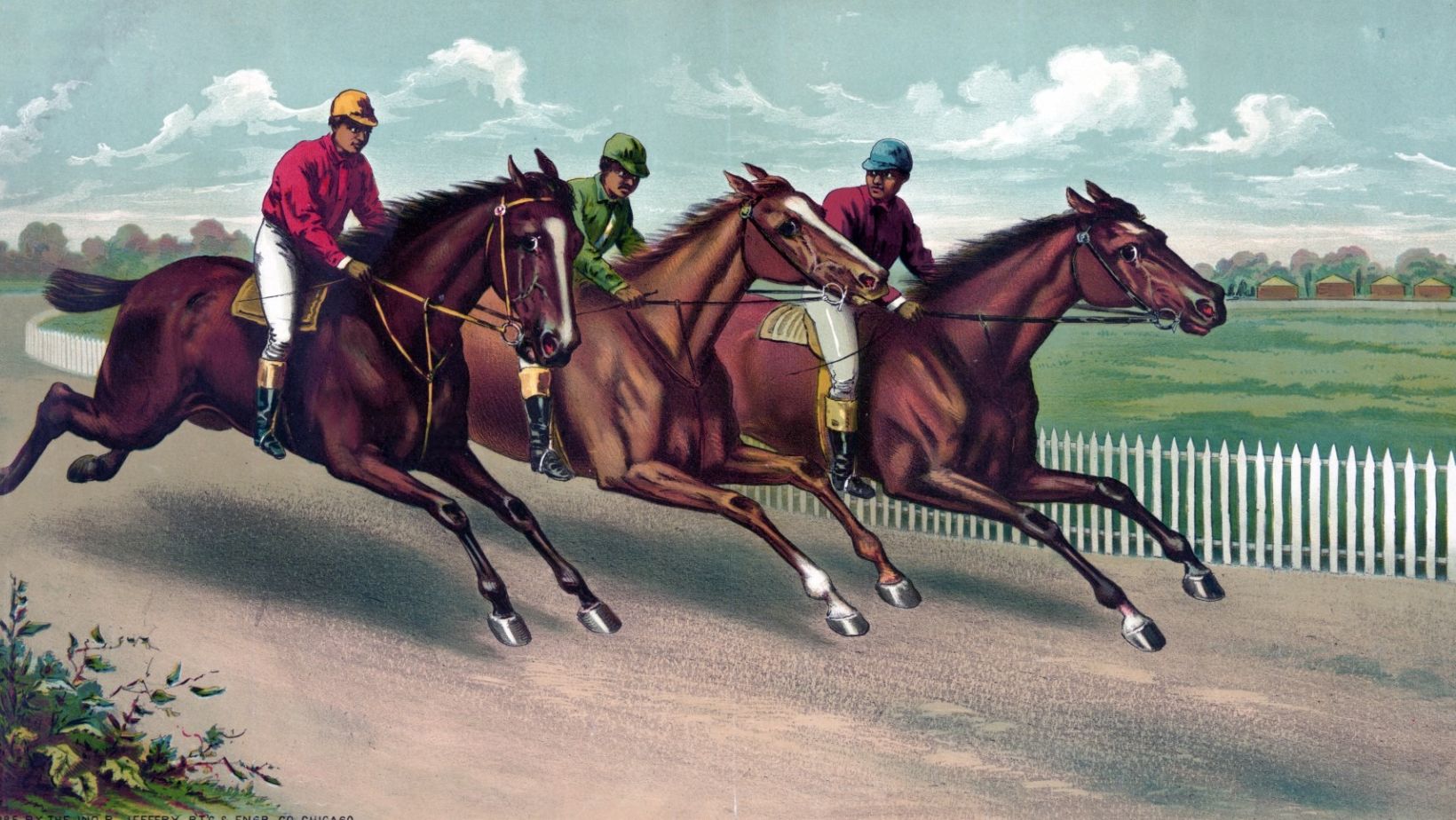
There are few bigger adrenaline rushes in life than owning a winning racehorse in a major event on the calendar. However, unfortunately, very few of us will ever know the feeling of winning a race such as the Kentucky Derby.
Despite there being more affordable routes into ownership in this modern day, seats at the highest table remain restricted, with only those with the deepest pockets able to reach the pinnacle.
However, owning a racehorse of any description can still be a lucrative venture, but for those with a passion for the sport, it will also be more about the journey rather than the actual winning of lucrative purses in front of the eyes of the world.
But, how much does it cost on average to own a racehorse and what costs will those lucky enough to own a star be expected to fork out throughout a calendar year?
Buying A Horse
The price that you can buy a racehorse for will largely depend on what you’re looking to get out of the experience.
It will also hugely depend on the amount that you’re willing to spend. Champion horses that compete in races such as the Kentucky Derby and Breeders’ Cup Classic will typically attract fees in the region of well over $1 million. You can find more information here: https://www.twinspires.com/kentuckyderby/road-to-the-derby/
Thoroughbreds are the most expensive horses to purchase, with the average sales price ranging from between £100,000 and £300,000. That is a considerable sum compared to buying an Arabian breed, which is likely to be no more than $150,000, while Quarter Horses are cheaper at $50,000.
Flat horses are the most expensive to purchase, with yearlings with proven championship pedigrees being sold for up to $1 million.
Training Fees
Buying a racehorse is only the beginning of the outgoings after making a purchase, as there is also a wealth of other factors that should be taken into account. Training fees are one of the first factors that should be taken into account, and this can be divided into a daily rate or paid for in one lump sum
For the vast majority of trainers across the world, training fees will be around $50 per day. However, owners will also have to pay for layoff board when a runner is out of competition at around $20 per day.
Veterinary care is also vitally important to take into account when assessing how much you will pay out throughout a year. Horses will be required to have regular checks with vets, and they will also need to have vaccinations and deworming to maintain their health. Vet bills can range more so than most other factors, depending on the health and condition of the horse.
Bills could be as little as $300 for horses with few issues, but they could rise to as much as $1,000. Farriers will also be on hand to give horses a new pair of shoes throughout the year, and these are typically around $125 each time.
Racing Fees
As well as the training and vet bills, all owners will also need to put forward money when they look to enter their runner into a race. There is a training fee with a race in mind, while a jockey fee is also required at a flat rate.
However, the fee demanded by the jockey will alter depending on their experience level and record in stakes races. Registering a horse for a race will also require a fee, with the price depending on the calibre of race that is taking place.
Race insurance will also be required, while transportation costs and lodging should also be taken into account. Therefore, for a high-quality stakes race, it could cost an owner over $3,000 before the horse has even made it into the starting gates.
Potential Returns
Despite many people getting involved in racehorse ownership for the love of the game, there is still a determination to take returns out of the investment. A win in a race also comes to a small cost, as a trainer and jockey will take their cut out of the funds.
However, it could still be a lucrative venture if you’re competing at the highest level. For example, a winner of a $20,000 race would take home $12,000 of the purse. Horses that finish in the places will also get prize money, with second and third typically getting 20% and 10%, respectively.
On the flat, a horse’s career continues after their retirement from the track, as horses can be sent to stud. However, it is extremely rare to come across horses of the calibre of Mischief, whose stud costs stand at $250,000. However, it could be argued that there is more lucrative ventures for owners in the post-career of a horse than during a runners career on the track.





